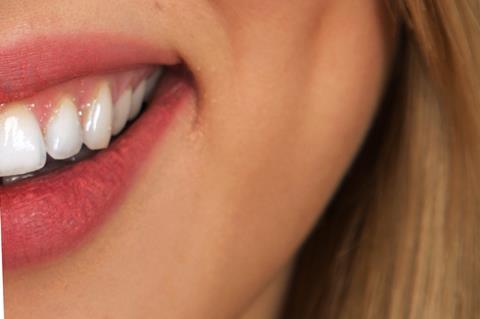Toothpaste made with a salivary enzyme shows high antimicrobial activity when teamed with xylitol - and is even more effective than the gold standard antimicrobial, chlorhexidine.
That’s the finding of the Oral Microbiome research group at Trinity College Dublin, whose paper, ‘A dentifrice containing salivary enzymes and xylitol exhibits superior antimicrobial activity in vitro against adherent Streptococcus mutans compared to a chlorhexidine dentifrice’, has appeared in Letters in Applied Microbiology, an Applied Microbiology International publication.

The team have been searching for new and more effective antimicrobials that don’t have the problems seen in existing products, according to corresponding author Professor Gary Moran.
“Some of the antimicrobials currently in use in toothpaste can select for antibiotic resistance - for example, triclosan, or can cause staining, such as chlorhexidine,” he says.
“Our study shows that toothpastes containing salivary lactoperoxidase in combination with the sugar-alcohol xylitol have high antimicrobial activity against bacteria that cause tooth-decay.”
Susceptible biofilms
The study found that biofilms of common Gram-positive streptococci and Gram-negative Fusobacteria were highly susceptible to killing by the salivary enzyme-xylitol combination and this was shown to be more effective than a toothpaste containing chlorhexidine, described by Professor Moran as the gold standard antimicrobial.
“Crucially, we show increased activity against Streptococcus mutans, one of the main pathogens involved in tooth decay. Using fluorescent staining of bacteria, we also show greater removal of adherent bacteria from surfaces,” he says.
“We believe that salivary enzyme xylitol toothpastes will be more effective at maintaining oral health and will act safely to prevent antimicrobial resistance and staining.
The next step, he says, will be to undertake clinical trials to determine whether these formulations can improve oral health.
The study, ‘A dentifrice containing salivary enzymes and xylitol exhibits superior antimicrobial activity in vitro against adherent Streptococcus mutans compared to a chlorhexidine dentifrice’ is funded by Enterprise Ireland and published in Letters in Applied Microbiology.







No comments yet